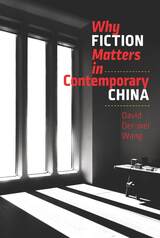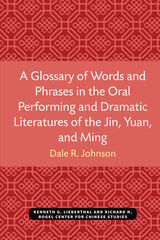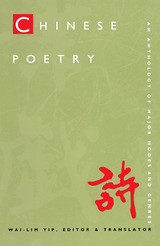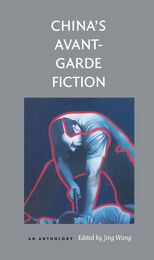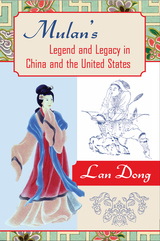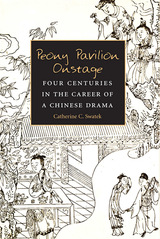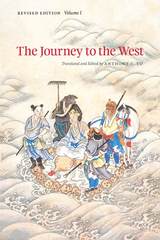Reading Tao Yuanming: Shifting Paradigms of Historical Reception (427 - 1900)
Harvard University Press, 2008
Cloth: 978-0-674-03184-5
Library of Congress Classification PL2665.T3Z865 2008
Dewey Decimal Classification 895.112
Cloth: 978-0-674-03184-5
Library of Congress Classification PL2665.T3Z865 2008
Dewey Decimal Classification 895.112
ABOUT THIS BOOK | REVIEWS | TOC
ABOUT THIS BOOK
Tao Yuanming (365?–427), although dismissed as a poet following his death, is now considered one of China’s greatest writers. Over the centuries, portrayals of his life—some focusing on his eccentricity, others on his exemplary virtue—have elevated him to iconic status. This study of the posthumous reputation of a central figure in Chinese literary history, the mechanisms at work in the reception of his works, and the canonization of Tao himself and of particular readings of his works sheds light on the transformation of literature and culture in premodern China. It focuses on readers’ interpretive negotiations with Tao’s works and on changes in hermeneutical practices, critical vocabulary, and cultural demands, as well as the intervention of interested and influential readers, in order to trace the construction of Tao Yuanming. Driven by a dialogue on categories at the very heart of literati culture—reclusion, personality, and poetry—this cumulative process spanning fifteen centuries, the author argues, helps explain the very different pictures of Tao Yuanming and the divergent ways of reading his works across time and illuminates central issues animating premodern Chinese culture.
See other books on: 372?-427 | Chinese | Swartz, Wendy | Tao, Qian | Taoist
See other titles from Harvard University Press

